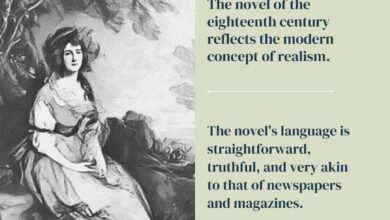What is the impact of the Renaissance on Doctor Faustus

Doctor Faustus is Not only the first great Elizabethan tragedy, but it is also the first to discuss the tragic possibilities of the direct confrontation between Renaissance compulsions and the Hebraic-Christian tradition. Faustus is a Renaissance man due to his inexhaustible thirst for knowledge, his worship of beauty, his reverence for the classics, his fascination with sorcery and magic, his appreciation for Machiavelli, and his ambition for unlimited power.
Faustus is introduced as a Renaissance man in the very first scene when he rejects the conventional subject of study. He resorts to his magical abilities. He considers the world of profit and pleasure. He is guided by a desire for wealth, honor, and omnipotence. He demonstrates his insatiable desire for unbridled strength, riches, luxury, and nationalism. These were, in reality, the Renaissance’s characteristics.
Read more Doctor faustus as a morality play
It was the age of exploration. He yearns for gold from the East Indies, pearls from the depths of the sea, delectable fruits, and princely, American delicacies. His friend Valdes makes reference to the Indians in the Spanish Colonies, the giants of Lapland, the argosies of Venice, and the annual plate fleet that brought gold and silver to the Spanish treasury from all over the world. There is a great deal to enthuse English viewers.
Faustus undoubtedly represents the Renaissance’s modern inquiring and aspirant spirit. Marlowe expresses in this play both his fervent sympathy for the new spirit and his awed and pitiful awareness of the peril into which those dominated by it might fall. Faustus’s final soliloquy, in which he offers to burn his books, demonstrates the risk.
In a word, Marlowe’s Faustus is a martyr for all the Renaissance cherished—power, curious intelligence, industry, prosperity, and beauty. The plays demonstrate Marlowe’s commitment to these Renaissance traditions.





